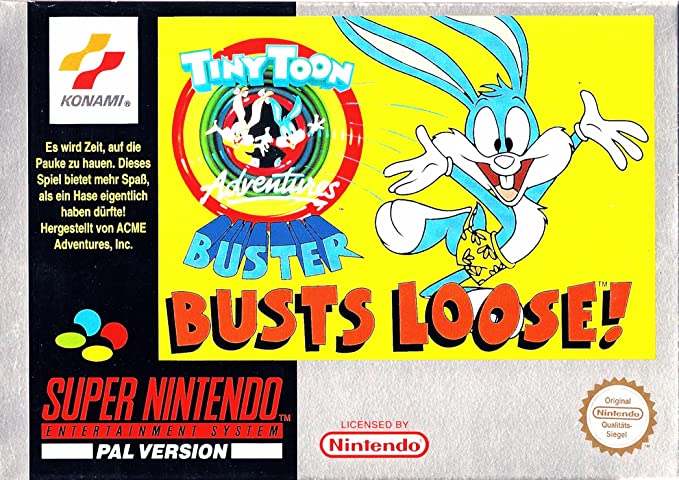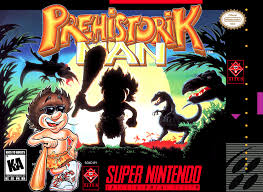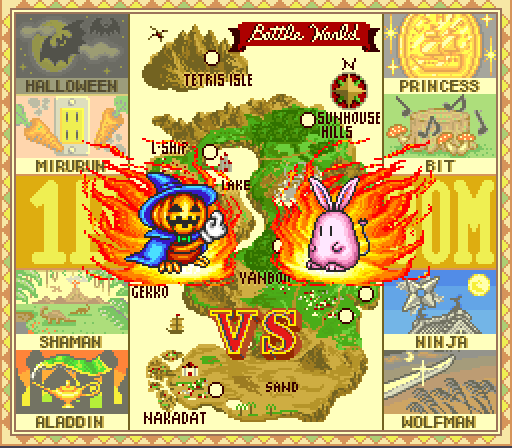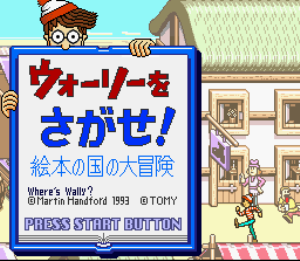HISPANICS IN GAMES – Tetris, gamer girls and Ooga Ooga: Interviewing my wife, Harumi Martínez

It’s time for another entry into HISPANICS IN GAMES, our bi-weekly column highlighting Hispanic representation within the gaming industry. Today, I’m interviewing one of my favorite, most inspiring people: my wife. You’ve heard about my experiences with gaming growing up, particularly in my pieces around Street Fighter II’s Vega, as well as the one explaining how our dictator, General Stroessner, built an empire around bootleg video game consoles. But that’s very much a one-sided view of things. I wanted to know what it was like for my wife growing up. She’s no stand-in, either: she topped the regional multiplayer charts for Puyo Puyo Tetris for months, and is formidable in Tetris 99. She also graduated law school at the top of her class, nationwide, but decided not to practice and instead, went to culinary school, became a pastry chef, and now runs her business out of our kitchen. She is also the co-writer of Kurusu Serapio, a horror short I directed in 2016. An entrepreneurial gamer, then, here she is: Harumi.
DREADXP: Can you tell us a bit about yourself? Where you were born, where you’ve lived, and your earliest memories of playing video games?
Harumi Martínez: My name is Harumi. I was born in Paraguay and lived my entire life in a small japanese town called Yguazú. The first one of my acquientances to have a video game was my cousin Ariel. I supose I was about 8 or 9 and he was about 5 years older. That was my first contact with video games. Ariel’s parents had bought him a Super Nintendo.
DXP: I remember you telling me that you played video games with your cousins, as well as your neighbor, Miyuki. Do you feel like video games were a sort of catalyst for social interaction? Like they brought you together? Or do you think that you would have hung out with each other, regardless?
HM: I used to hang out with Miyuki way before she had a video game. Her grandmother sent her a Nintendo Famicon from Japan. So, she only had a Japanese games, since those games weren’t available here (NOTE: The Famicom was region-locked). She had Tetris Battle Gaiden, some Mario games and also my favorite, Wally Wo Sagase. I also used to hang out with my cousins regardless. They were very cute, the images were cute. I like cute things. There was a pink rabbit in Tetris Battle Gaiden, which was multiplayer. Wally Wo Sagase was single player.
DXP: And then, your parents bought you and your sister a Super Nintendo, correct? Do you remember what that was like? What games did you play on there, did you have friends over to play? Did you prefer playing with someone else, or by yourself?
HM: Yes, I wanted the same exact console my cousin had. And I wanted some games that he had that I liked. We used to play a game we called Ooga Ooga. And I wanted that game. So we when to the store, and ask “Do you have Ooga Ooga?” And the guy had no idea what it was. So, 9-year-old me explained to him that it was a guy that had a wooden club and said “Ooga Ooga“. So he pulled out the game that we were looking for. Turns out its real name was Prehistorik Man. I really thought the name of the game was Ooga Ooga.
I also played Donkey Kong Country, Pinocchio (which was very nice), Mickey and Donald ‘s Magical Adventure, Tiny Toons Adventures… I also liked this one quite a lot. I didn’t have friends over to play. But I played with my sister. I enjoyed playing multiplayer games with her, like Mickey and Donald’s Magical Adventure. For single player games, we took turns.
DXP: You mentioned Tetris quite a few times, so we should talk about it. I know you still like playing Tetris to this day, and even competitively, you were very good. Can you talk about why you like Tetris so much? Also, do you prefer to play it by yourself? Or do you prefer to be in a competitive environment with someone else?
HM: I love Tetris. Nowadays I play Puyo Puyo Tetris on the Nintendo Switch. But I only like Tetris, I don’t like Puyo Puyo. I like Tetris because I am good at it. I like learning new things to do. I first learned how to do the perfect clear, then the t-spin double, and recently, I learned how to do the t-spin triple.
I like both playing by my self and with others. When I play by myself, I only play the 150 lines mode. To try to break mi récord. I also like playing the versus mode with others. We also played 99 Tetris. I am the only one in my family who got to be the last player I did that quite a few times.
DXP: Do you feel like video games are a waste of time? Either playing them, or working within the industry? [NOTE: To understand the context for this question, it is important to note the connotation around video games in conservative South American societies like Paraguay]
HM: I don’t think they are a waste of time. It’s like any other hobby, like crocheting. It’s something fun to do. And unlike crocheting, you can do it with friends and family. When my sisters comes to visit us, playing Tetris and restaurants games, like Cook Serve Delicios!?!? 2 is one of our main activities. We usually play 3 to 4 times per day. I would say about 20 min. each session, because the games that we play are very.. intense? So, our eyes start to hurt. We usually play after breakfast, after lunch and after dinner. Otherwise that would have been time that we would not spent together.
And I don’t think working within the industry is a waste. I assume that only people who love video games work in that field, and it is the best thing to be able to do what you love.

DXP: Do you think it’s different for a woman to like video games in Paraguay, than it is for men to like playing video games?
HM: I don’t know any women around my age who like video games, besides my sister. I think most women grow out of it. I know some man though, my cousin Ariel and my cousin Hiro. And they are both parents now. But I don’t know many people, so I don’t know if it counts.
And if I didnt have a husband like you, I don’t think I would have a video game console.
DXP: *Laughs* Are you happy that we have one, though?
HM: I love it.
Categorized:Editorials Interviews







